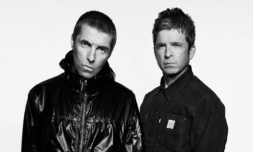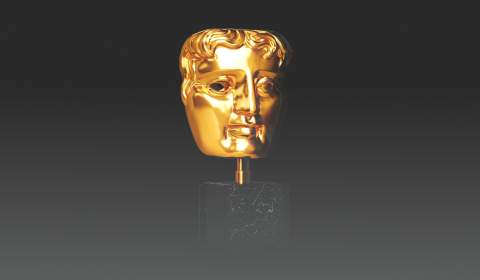The pop icon has demonstrated what it really means to be a trans ally.
When Lady Gaga first rose to fame in the early 2000s, a persistent rumour began making the rounds: that the ‘Born This Way’ singer was secretly a man. Or a hermaphrodite, depending on who you asked at the time.
Like so many baseless whispers circling in the pop-culture industry, it refused to die down, lingering in tabloids and kept alive by society’s puzzling fascination with other people’s bodies. But instead of addressing it head-on as most other celebrities in their early 20s would likely have done, Gaga did something remarkable – she refused to deny it.
Perhaps the most memorable interview from that period was a conversation the singer had with Anderson Cooper in 2011. When asked about the rumour she ‘had a male appendage’, Gaga stared blankly and sucked on a lollipop.
‘A lot of artists would have put some sort of statement saying, ‘This is absolutely not true’, Cooper said, ‘but you have fun with it.’
Gaga responded, unimpressed: ‘Maybe I do. Would it be so terrible?’.
At the time, the power of those words slipped somewhat under the radar. At least for those with whom the rumours didn’t resonate. But Gaga had set a precedent in that moment. ‘Why the hell am I going to waste my time and give a press release about whether or not I have a penis? My fans don’t care and neither do I.’
Over a decade on from that conversation, you’d like to think we’d made strides in our attitude toward trans issues. And to some extent, we have – in the sense that we have reached a point where we can look back on Gaga’s behaviour with a newfound respect.
The nonchalance with which she handled the constant interrogation about her genitalia sent a message that nobody should care about the details of someone else’s body; that our differences are not to be shamed.
Now, in a recent conversation with Bill Gates, the singer has confirmed why she chose to handle those rumours in the way she did.
‘When I was in my early 20s there was a rumour that I was a man,’ Gaga told Gates. ‘I went all over the world. I travelled for tours promoting my records and almost every interview I sat in – there was this imagery on the internet that had been doctored – they were like ‘there’s rumours that you’re a man. What do you have to say about that?’




















